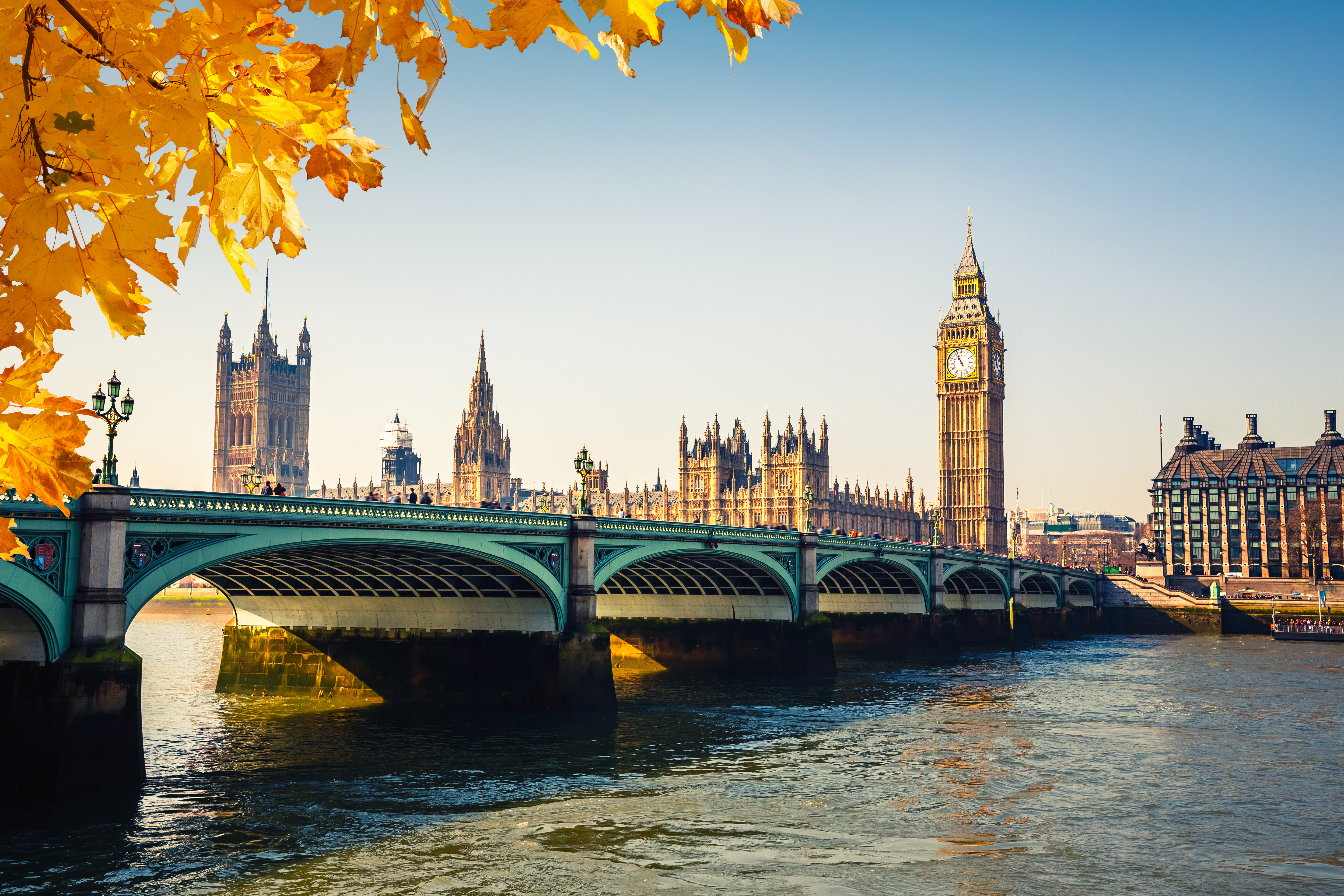Royal College of Podiatry's comment on the King's Speech

RCPod responds in detail to the King's Speech at the 2023 State Opening of Parliament
King Charles’ first King’s Speech comes at the back end of a turbulent government which has seen three Prime Ministers and four Health Secretaries. There was nothing in the speech that linked back to the Prime Minister’s five pledges and the narrative seemed somewhat disjointed.
The smoking ban, which will in effect make it illegal for someone who is 14 years of age today to legally purchase sold cigarettes, is a sensible stance in terms of public health, and it won’t cost the Treasury anything. With Labour a consistent 20 points ahead in the polls, Sunak may be looking to his legacy post-government.
We discovered, through its absence, that disappointingly there will be no reform of the Mental Health Act 1983 before the next election. Any reform will have to be taken forward by the government following the forthcoming general election. New legislation would prohibit the inappropriate detention of people with learning disabilities and autism spectrum disorder.
Also not included was the Digital Health and Care Bill, which was rumoured to be present. This Bill is greatly needed to provide clarity for healthcare professionals and NHS managers regarding the governance and regulatory framework that supports digital healthcare. Provisions required in the Bill would include direction regarding the use of patient data. There is a need to boost public confidence regarding the use of their data for research and it is also necessary to attract digital health and care providers to the UK. A huge governance issue comes from the large number of independent organisations providing NHS services and ensuring that governance structures are sufficiently rigorous.
We were disappointed to see that the Offshore Petroleum Licensing Bill will be enacted to support the future licensing of new oil and gas fields. The Prime Minister says that the legally binding net zero commitment of 2050 will continue to be met. However, businesses are calling for greater certainty from the government on the transition to a greener economy. There will no doubt be many conservative MPs in South West England seats that fear such policies could increase local support for the Liberal Democrats.
The speech promised delivery of the NHS England Long Term Workforce Plan to cut waiting lists and transform the NHS workforce. The speech said that ‘the country needs more than doctors and nurses to ensure the NHS works to provide the care needed for now and in the future.’ Allied Health Professions make up the third largest workforce in the NHS but, yet again, do not even appear to be an afterthought, along with all the other vital non-clinical workers that help to ensure the NHS delivers 24/7. Whilst public services, including the NHS but also penal services, education and police may be in clear need of reform, the funding and workforce issues are so great that there just isn’t the capacity to deliver reform. The NHS has suffered from a lack of capital investment; IT systems aren’t properly integrated, and estates are in dire need of continual short and long-term investment.
It remains unclear which legislation the government plans to enact to bring in the planned draconian measures to prevent people’s democratic right to withdraw their labour. The current plans would make minimum service levels a requirement to prevent strikes, all under the guise of undermining patient safety. This government has been undermining patient safety for the past thirteen years through the underfunding of services and pay freezes. However, this move is likely to put Labour in a tricky position by making it appear to be a binary issue, ie, being supportive of the unions or commuters and patients. Rather than look at the nuance which shows that people are striking for more than decent pay and conditions, they are often also striking to demand an end to the slow dismantling of public services.
Despite repeated promises from numerous governments to enact the recommendations of the Dilnot Report, there was no mention of social care and the need to reform the present system, despite an ever-increasing ageing demographic.
Given that polling amongst younger voters regularly shows they are less likely to vote for the Conservatives, one may think that they would be trying to entice them with investment in affordable housing for rent and social housing.
Whilst the Autumn statement may provide tax cuts, Sunak may wish to wait until just before the general election to announce such giveaways, given that they will influence inflationary pressures. Given that the Prime Minister and the Chancellor are both fiscally conservative, it is likely that any red meat thrown will be minimal.
